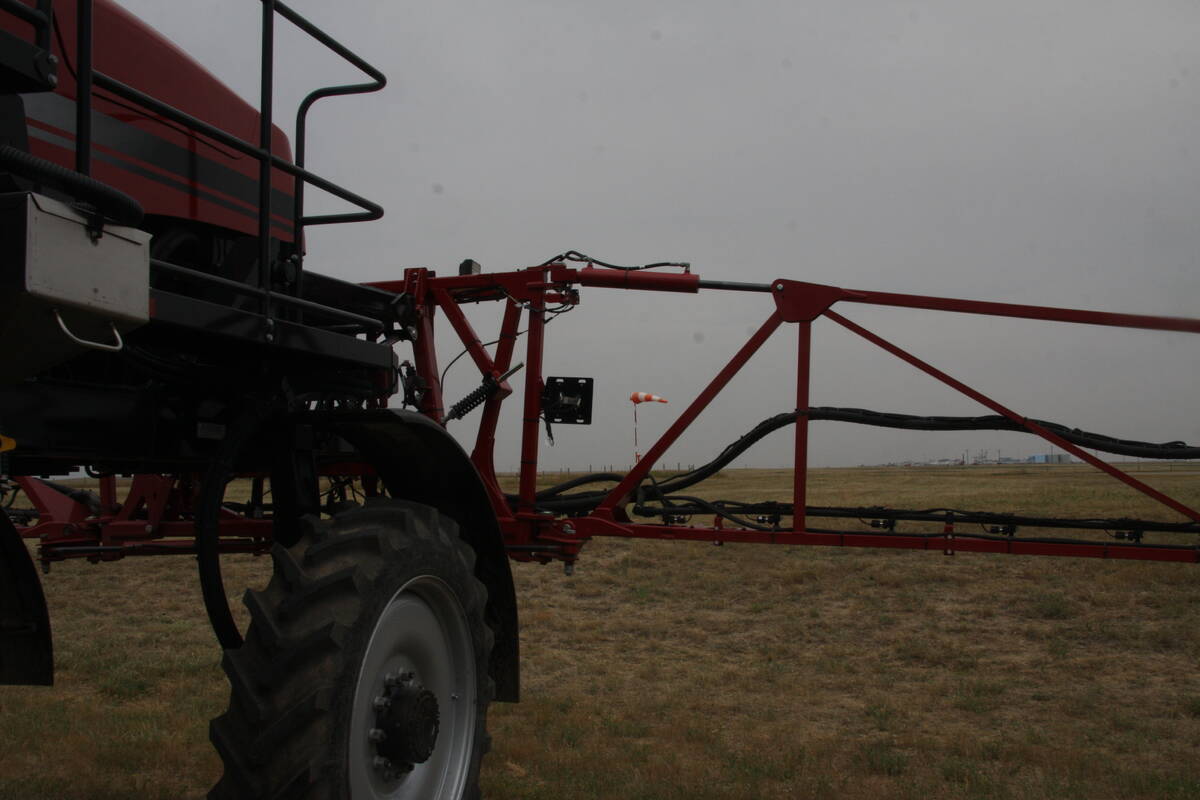RED DEER – Horse owners must police their own industry when it comes to
animal neglect and abuse, says an American rancher.
“Animal welfare and protection is politically charged,” said Kimball
Lewis, who worked for 20 years as an investigator and mediator with an
American animal protection organization.
“Abuse is the intentional, physical harming of an animal,” he told an
Alberta horse breeders conference in Red Deer.
In nearly all the cases he investigated, neglect was caused by owner
Read Also

More work wanted on removing red tape
REGINA — Canadian farmers risk falling further behind competitors if two main federal agencies don’t become more efficient and responsive…
ignorance rather than deliberate abuse.
“I have yet to see evidence in a legitimate livestock facility where
abuse took place,” he said.
Much of what he saw involved poor husbandry, where people did not
provide proper food, water or shelter. Neighbours may disagree with
what is happening, but these are gray areas that don’t result in
criminal charges.
Neighbours should try “fence-line diplomacy” and talk with the person
to suggest improvements or offer help, Lewis said.
The farmer may be ill and unable to care for the animals, or financial
setbacks may preclude proper feed or veterinary care. The farmer may be
new to rural life and not know what proper animal care entails.
Lewis said those people are often punished when they really need a
helping hand.
“If your neighbour down the road is doing something wrong, are you
going to pick up the phone and call the humane society or are you going
to go and be a community member and help someone?”
He said some reported cases are neither neglect nor abuse, but a
misunderstanding of what constitutes normal animal handling.
He is concerned that those unfamiliar with normal livestock handling
practices could force wrongheaded and impractical legislation on
responsible farms. The industry must start a public education program
before it is too late, he said.
“You could get together and get this public awareness cranked up or you
are going to get swallowed up. It is that complacency that is allowing
certain groups to put a stop to you.”
However, he has also seen ugly, abusive behaviour that led to criminal
charges.
Fewer than five percent of the cases he investigated in the American
Pacific Northwest were wanton acts of cruelty, but they received the
most media attention.
Intentional abuse is serious. Lewis learned that those who are cruel to
animals almost always commit violence against people.
“I have seen every imaginable act that can be perpetrated against an
animal, many times. These are people in our society who typically go on
to commit other aberrant acts against society.”
Recently, rodeos, horse races and other equestrian events have come
under fire because people fear animals are abused for entertainment.
“I don’t think rodeo is abuse,” Lewis said.
A rodeo horse’s eight seconds in the arena are far less stressful or
difficult than the hours a trail horse spends on a dude ranch every day
being ridden by inexperienced people.
Some horse training methods are criticized and in some situations,
Lewis said, the concern is legitimate.
New technology and knowledge have shown quiet, gentle training gets
best results.
“Resistance-free training is better. That’s common sense. You don’t
need a whip or a two by four to train a horse.”
Yet some bad practices continue. Lewis said the industry needs to
co-operate and establish accepted practices of humane care and
treatment as well as provide education on proper animal management.
“It is incumbent on you as a horse community to stigmatize that out of
existence among your neighbours. You should take care of yourself
because you don’t need a bunch of agencies passing legislation to tell
you not to beat up on your horse.”
He is also concerned some competitive equestrian sports with large
prizes will sway some people to push horses in unethical ways to make
them win.
Lewis denounced practices like bleeding a horse before a competition to
settle it down. Some people deprive their horses of food or water as a
training method.
These situations cry out for self-policing from the industry to show
such behaviour is unacceptable, he said.
“You are better off implementing change at the grassroots level rather
than having an outside agency legislate it.”

















